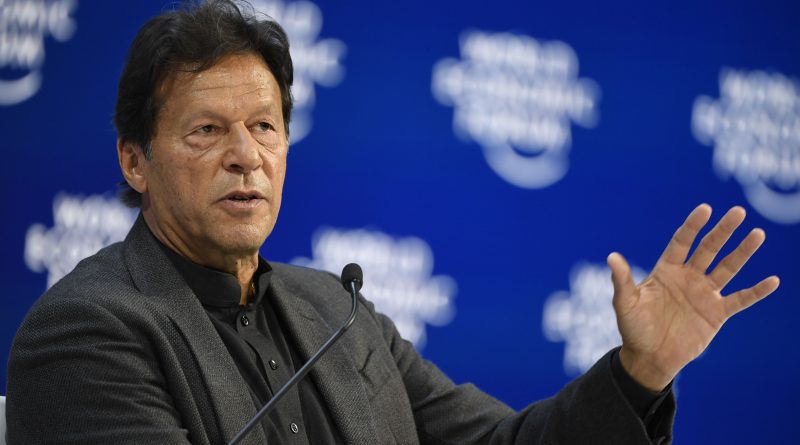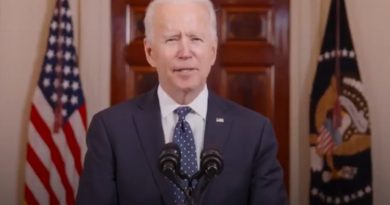Former Pakistan Prime Minister Wounded in Assassination Attempt
James Murray
Staff Writer
On Thursday, November 3, Imran Khan, the ousted former prime minister of Pakistan, was the target of a failed assassination attempt in the Wazirabad district. The attack on the former leader occurred during his “long march” political protest in the Eastern Punjabi province. Khan planned to lead followers to the state capital of Islamabad to oppose the current establishment and advocate for new elections to occur as early as August of next year. According to The New York Times, the 70-year-old Khan was shot in both of his legs and is being treated in Lahore. Nine additional supporters were injured in the attack, and one died as a result of their injuries. The primary suspect, Mohammad Naveed, is believed to have unloaded bullets into Khan’s convoy before being disarmed by a supporter.
Imran Khan is convinced that the attempt on his life was a premeditated, state-sponsored assassination plot on his life, but Interior Minister Rana Sanaullah said on Tuesday the suspect was a self-motivated religious extremist. “The things we got from his cell phone showed that he was fully motivated, fully committed,” he told reporters at a news conference, according to NBC. The Interior Ministry of Pakistan has ordered a full investigation of the incident.
Khan’s populist movement has been influencing supporters to rally against the current government, which has stirred uncertainty and political unrest, adding to the already volatile climate in Pakistan. This comes directly following Khan’s ousting in a parliamentary no-confidence vote in April, which he alleges was a conspiracy between the U.S. and his eventual successor, current Prime Minister Shahbaz Sharif. According to Reuters, Khan has accused Sharif, Interior Minister Rana Sanaullah and intelligence official Major-General Faisal Nasser of collectively planning the plot to assassinate him. The military and several party members have directly come out to deny the conspiracy claims, calling them baseless. Sharif has requested the country’s chief justice to form a judicial commission to investigate the claims. According to , he recently addressed the claims, saying on Twitter that “These unfortunate incidents are being used to make false allegations, spread chaos and undermine institutions. Let truth b (sic) determined”
Khan’s ousting last April has left him in a difficult situation. According to Foreign Policy, Pakistan’s Election Commission found Khan him guilty of “corrupt practices” for allegedly failing to disclose that he sold gifts from foreign dignitaries and banned him from further political activity for five years. Khan’s close circle of lawyers and advisors have called the move politically motivated. Despite being politically sidelined, he has disregarded the disqualification as a mere attempt to keep him out of the political sphere.
Khan’s utilization of his current absence of political power, his large influence, and public rallies have allowed for his critiques of the militant-ruled country to have a large platform. Both the military and the current government have been trying to undermine the ex-premier’s attempts at political relevancy, including blocking popular rally videos from being posted online. The Pakistani military told Khan that while he has the democratic freedom to hold his rallies, he isn’t allowed to further destabilize the country. Despite these claims, Khan’s supporters adamantly back his populist movement to fight for Pakistan’s freedom and against the militant establishment, with demands that current members step down.
Not only is Khan’s Pakistan Tehreek-e-Insaf (PTI) party becoming increasingly popular with the public, but the people of Pakistan are becoming increasingly distrusting of the state altogether. Incidents such as the recent murder of renowned journalist Saleem Shahzad have led the public to have a deep mistrust of the establishment, with the Pakistan spy agency, Inter-Services Intelligence, being the central cause of the skepticism. These events followed a challenging period of time for Pakistan with floods in the summer killing thousands of people and displacing 33 million. The recent aftermath of political rallies, assassinations, and natural disasters within the country have contributed to the crumbling stability of Pakistan, only making citizens more attracted to Khan’s policies and discontent with the government moving forward.
Image Courtesy of Valeriano Di Domenico, World Economic Forum



